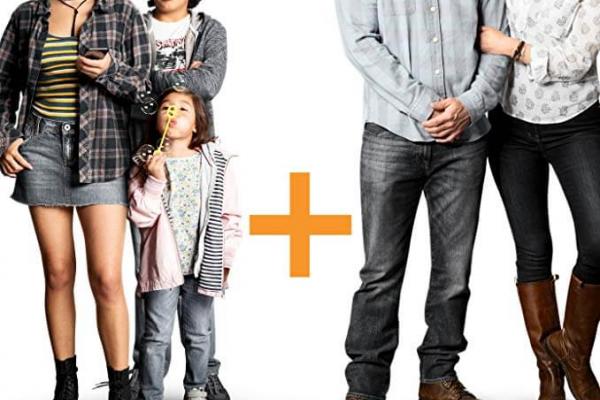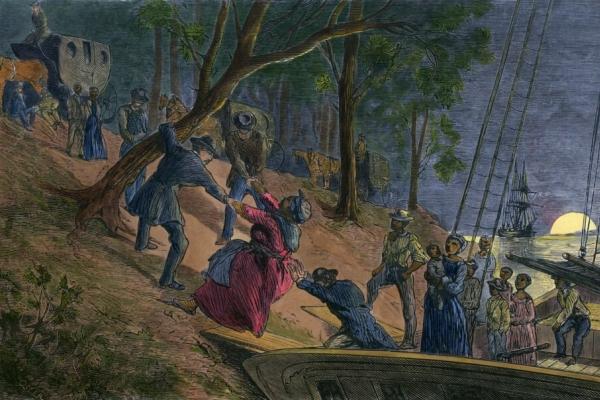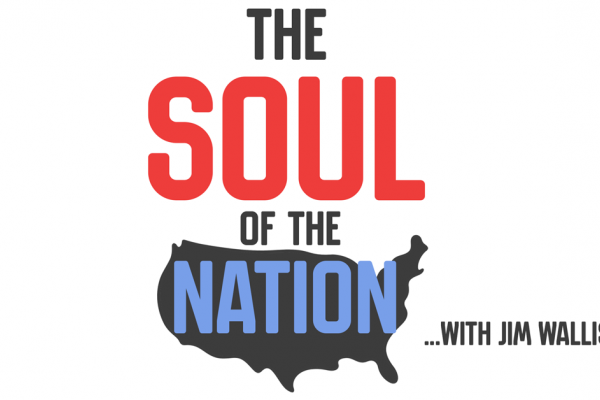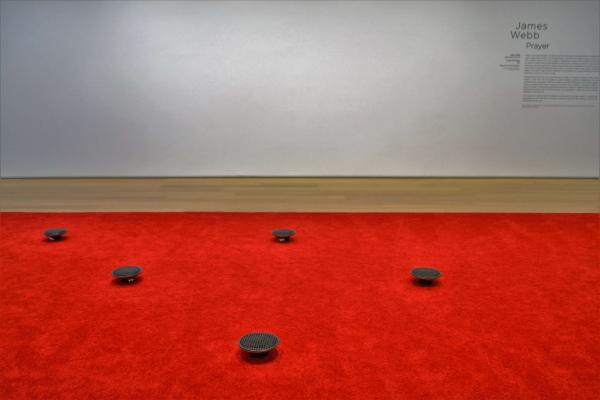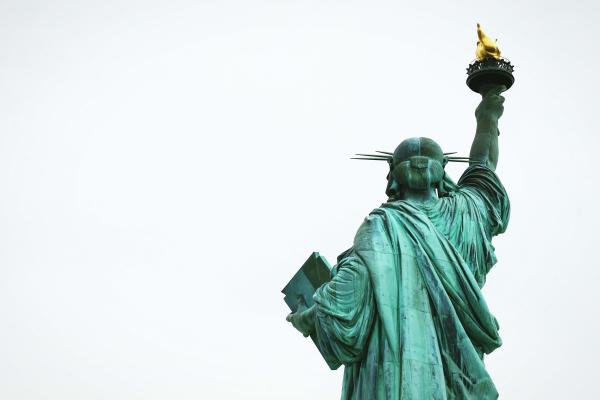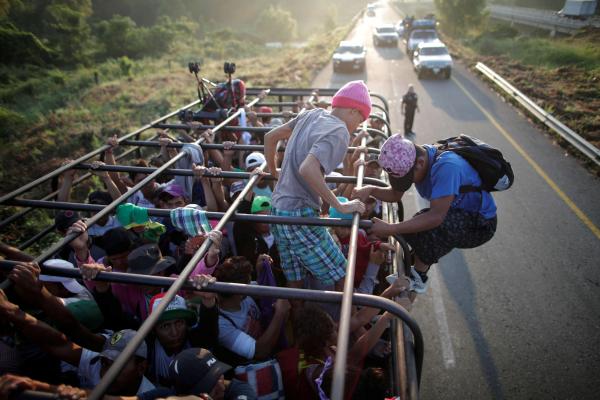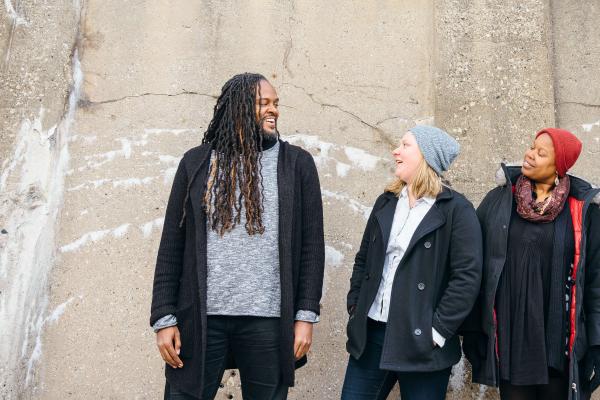When I was 7 years old, my family began fostering babies. Often these kids would be placed with us after being abandoned just days after they were born. Many of them were never even given a name before their mothers left them at the hospital. When I was about 9 years old, we took in a little boy and his newborn sister. My family eventually adopted them. So, when I screened "Instant Family," starring Mark Wahlberg and Rose Byrne, so many aspects of the movie rang true: The way the foster children acted out, their desire to be with both their birth mother and their foster parents, and how other people reacted to their family. But what also rang true, and it is a story not often told, is how the kids in foster care are not solely defined by their trauma or their status as “foster kids.”
When I landed at the airport in Brownsville, Texas, the Border Patrol was visibly present. I was suddenly reminded of my ancestors who were also greeted by “border patrol” while fleeing from the brutal chattel slavery in the southern states and making their way north – even all the way to Canada.
O God, as the prophet proclaimed long ago,
You care for your earth and your gifts overflow.
Though sin leads to things that disrupt and destroy,
You work to redeem and to bring life and joy.
As we digest the results of the 2018 midterm elections, there are reasons for people of faith committed to social justice and the common good to be grateful and encouraged. There are also reminders of what we are up against and some real post-election dangers.
At the Art Institute of Chicago, James Webb has fit the sound of Chicago’s religious devotion into one room. The city’s religious life spouts from speakers fixed to the floor. Museumgoers shuffle across the expanse of red carpet, pausing over one mushroom shaped speaker and then another — like bees gathering pollen, intent on producing cultural understanding and greater empathy.
She’d kissed her
gently on the forehead
before setting her down
and then — just walked away.
Walked on water right out of the bay,
headed toward the ocean. She’d had enough —
seen enough, heard enough.
She wasn’t made of stone.
For most people, this specific story starts on Oct. 12, the day the caravan left from San Pedro Sula to start the trek towards the U.S. In the days following their departure, it’s all anyone here in Honduras could talk about. Footage of the asylum seekers flooded every news outlet and dominated countless living room conversations and lunchroom chats. From this side of things, it’s hard not to be confronted with the fact that the daily realities here in Honduras make many people feel like leaving the place they love is their only option.
The Many is an indie folk/gospel, liturgically-grounded worship band that creates music for people to sing together. Assistant Web Editor Christina Colón spoke with producer Gary Rand, manager and writer Lenora Rand, and lead singer Darren Calhoun, to learn more about how The Many is creating liturgies that speak to issues of injustice and leave room for lament.
1. A List Of Firsts For Women In This Year's Midterm Elections
The next Congress will include the first Muslim women, the first Native American women, and the youngest woman ever elected to that body.
2. Exit Polls: How Voting Blocs Have Shifted From the ’80s to Now
Democrats won the House as voters across nearly all demographic groups moved to the left, especially women and young people, according to exit polls.
It’s 8:20 a.m. on March 20, 2018. I’m sitting in my math class, anxiously refreshing Google, waiting for anyone to confirm what my classmates and I suspect is going on downstairs. News confirmations won’t start coming out for about another 10 minutes. We heard the sirens and knew something was wrong, but still none of us wanted to believe our worst nightmare. None of us wanted to believe a school shooting would happen to our school.
